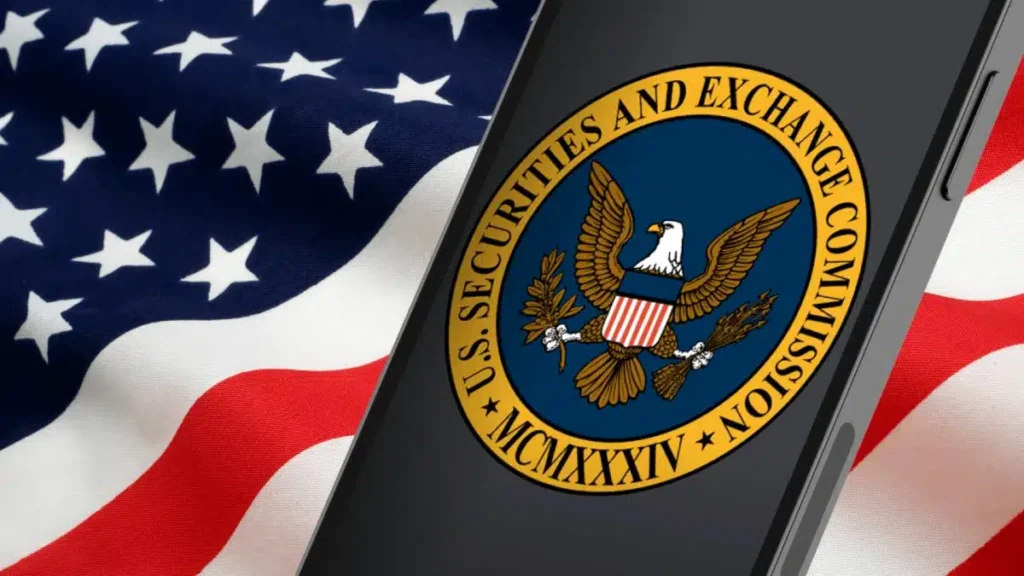The SEC’s enforcement efforts may be relaxed due to a precedent set by a new ruling in the old Chevron Howey Test case.

The lengthy assault by the United States Securities and Exchange Commission (SEC) in securities cases may be concluded by the resolution of the high-profile Chevron lawsuit.
Court Decision Signals Conclusion of Tyranny of Regulators
The Supreme Court reversed a decision on Friday that had granted federal authorities extensive regulatory authority for an extended period.
The 1984 decision in Chevron v. National Resources Defense Council granted agencies such as the SEC the authority to implement regulatory changes without the approval of Congress. The case established that in the event of ambiguity in the language of statutes, courts should defer to the decisions and expertise of regulators. These regulatory agencies were recognized for their ability to interpret the laws they were responsible for enforcing.
Chevron being overturned may be the biggest news for the crypto industry ever.
To my understanding, this effectively means that the SEC’s interpretation of the Howey test as to whether crypto assets are securities or not is… irrelevant in court.
Courts will now make their… https://t.co/qAzFYTdcz3
— The Wolf Of All Streets (@scottmelker) June 28, 2024
While they await the passage of new laws by Congress, regulators continue to address time-sensitive matters with this level of respect. Chief Justice John Robert ultimately determined that the Chevron deference rule was no longer feasible. He asserted that the doctrine permits agencies to alter their course of action even without congressional authorization.
On the other hand, the Biden administration is contesting the Supreme Court’s decision, urging it to maintain Chevron’s deference. The administration called it a “bedrock principle of administrative law.”
Crackdown on Crypto Firms by Securities and Exchange Commission
Several cryptocurrency exchanges, including some of the most prominent industry participants, have been subjected to consistent regulatory scrutiny by the Securities and Exchange Commission (SEC). The agency’s assault was intensified due to the Chevron deference rule. The Commission consistently invoked the Howey Test to prohibit cryptocurrency activities on exchanges.
The Commission has ostracized several exchanges, including Kraken, Binance, and Coinbase, for the alleged act of offering registered securities for sale. Ripple has also been involved in a three-year-long case with the securities regulator regarding the same issue, as the SEC continued to refer to XRP as a security. Consequently, the Supreme Court’s ruling established a precedent for all pending crypto cases.
The Commission is filing a lawsuit against Coinbase for denying a Freedom of Information Act (FOIA) request. The Federal Deposit Insurance Corporation (FDIC) is also involved in this case, and the cryptocurrency exchange has requested that the court compel both agencies to disclose the requested information.
It is important to note that this new development occurred just one day after the Supreme Court restricted the SEC’s authority by determining that defendants in fraud cases are entitled to a jury trial in federal court.
